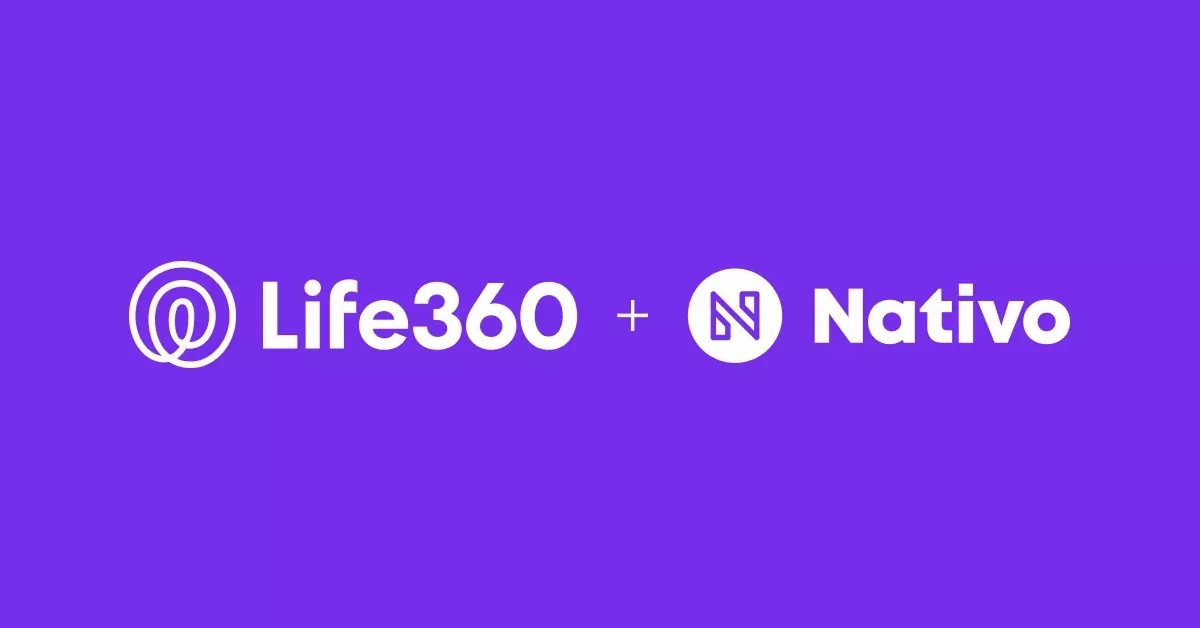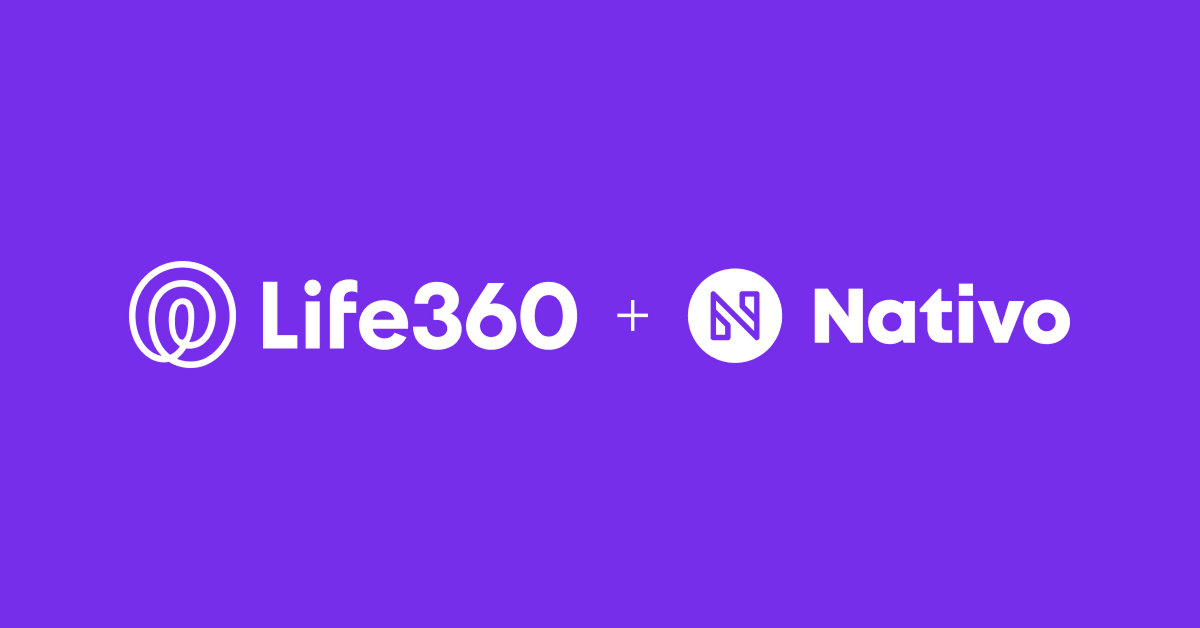The Influencer Marketing Metrics Travel Brands Are Missing

PhocusWire | October 4, 2019 - With the value of social shareability and peer-to-peer recommendation at an all-time high, the impact of influencer marketing on the travel industry is undeniable.
Business Insider estimates that by 2022, brands will spend up to $15 billion on influencer marketing campaigns alone - an incredible investment that, currently, amounts to little more than a gambit.
While the power influencer marketing holds over the industry is clear, insight into its ability to drive real-life business outcomes is often hazy at best.
The missing metrics in influencer marketing
Influencer marketing suffers from very little regulation and nascent third-party support, with most influencers self-reporting their engagement metrics to brands without third-party verification.
Trickier yet, many don’t have the infrastructure to provide the beneath-the-surface insights around bookings, purchases and conversions brands need to determine true return-on-content.
Put simply, most brands are spending millions on a marketing channel they can’t accurately track.
This issue isn’t surprising: Influencers aren’t publishers, they’re people. While they might have incredible reach, most are focused on awareness and storytelling, not on driving bookings or conversions.
This raises the ultimate question: without insight into how their content is truly performing, how can brands unlock return-on-content for their influencer marketing campaigns?
Written By:

Travel Industry Lead
Nativo
Originally Published By:



.jpg)

